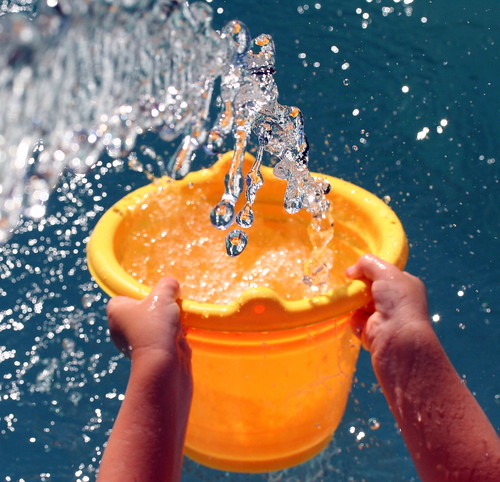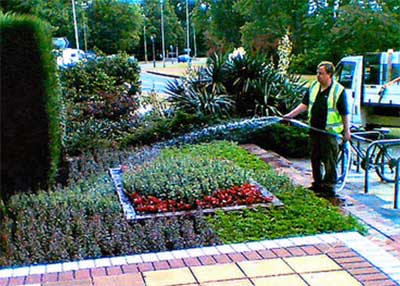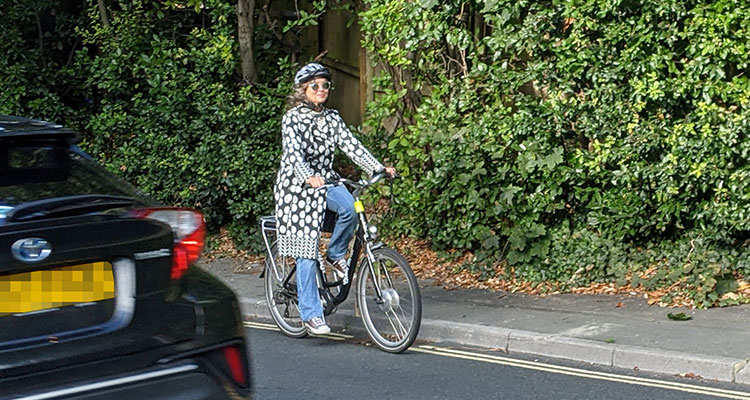Hosepipe ban for public gardens?
- Complaining about the Mainland - 17th August, 2024
- New island designation – is it just greenwash? - 26th April, 2024
- Police and Crime Commissioners – a solution or a problem? - 21st April, 2024
Winter rolls on after a long wet summer, and hosepipe bans are in the news? Yes, that’s because even when we’ve just had no end of rain, floods, and plenty more to come, some of us have to think about what the chances are of hosepipe bans in the coming years.

The Ranger and colleagues have come up with the conclusion that a ban applying to commercial watering on the Isle of Wight (or anywhere else in SE England) is more or less inevitable sooner or later; probably an even bet over the next five years. However there are various types of hosepipe bans and related orders. They can vary from area to area but in general, hosepipe bans apply to domestic hosepipes and not commercial ones, and also don’t stop the filling of private swimming pools or use of jet-washers. Beyond this there is the more serious drought order which prevents pretty much all non-essential use of water, and certainly puts a stop to most swimming pools and commercial horticultural watering. In emergencies there is also the emergency drought order, which is when the standpipes appear in the streets. This has not been necessary for many years. In the summer of 2006 a hosepipe ban was imposed upon the Isle of Wight, and domestic hosepipes stopped flowing. But it soon became apparent just how much of The Ranger’s modest empire depended upon introduced water of some sort. Sports pitches and playing fields, bedding plants, hanging baskets, paddling pools: the council was allowed to use water in all of these whilst private gardeners had to watch their gardens wilt. It was noticeable that plenty of people – gardeners, mostly – were understandably annoyed with the council because they thought that this was unfair. Equally, plenty of others – bowling club members, mostly – would have had fits had the council stopped watering unless it absolutely had to. Still- at least, unlike some, the council wasn’t watering plastic grass. Now it seems the government is considering changing the rules, to make most watering of commercial gardens potentially come within the scope of a hosepipe ban as well. There’s also going to be a possible ban on pressure-washing your patio and filling your swimming pool too – a long-overdue update of the law.

It’s going to be a difficult summer when that order is finally made – as it surely will be – and the council has to stand idly by and watch the cricket wickets crack up, the children’s paddling pools fill with dry sand, the bowling greens go yellow and die, and all the bedding plants wilt on the roundabouts. Trouble ahead for sure: but perhaps it will be a hard lesson that will help us to understand that water is a finite resource, and we need to consider very carefully how we use it.





If this encourages public authorities to move away from bedding plants on roundabouts and endless hanging baskets in favour or more sustainable, less thirsty planting it can only be a good thing. And it’s not just water, there’s the carbon too. One authority I’m familiar with has two trucks out all night 5 nights a week watering hanging baskets, getting through 8,000 litres of water per night on this task.